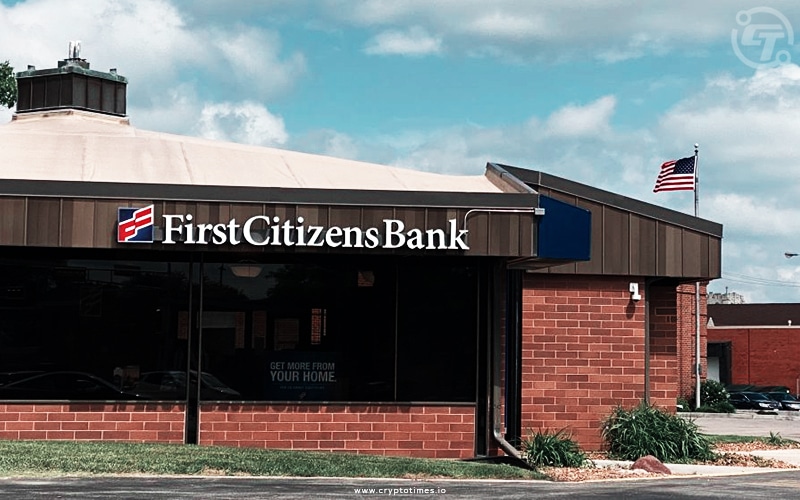A new revelation in the ongoing case of the collapse of Silicon Valley Bank. First-Citizens Bank & Trust Company, a subsidiary of First Citizens BancShares, announced the acquisition of beleaguered Silicon Valley Bank (SVB), now operating as Silicon Valley Bridge Bank, N.A.
According to the announcement, First Citizens is set to purchase out of FDIC receivership substantially all loans and certain assets and assume all user deposits and certain liabilities of SVB.
First Citizens Bank will take over SVB’s assets of $110 billion, deposits of $56 billion, and loans of $72 billion. The FDIC will also provide First Citizens Bank with a line of credit that is open for contingent liquidity needs.
“First Citizens was selected to complete this transaction through a competitive bidding process,” the announcement notes. A total of $90 billion in securities and other assets will still be under receivership by the FDIC.
First Citizens Bank and the FDIC have agreed to a loss-sharing arrangement. First Citizens Bank will not take over any debt or other obligations of SVB Financial Group, or acquire any of its assets, common stock, preferred stock, or debt.
Also Read: SVB Financial Group Files For Bankruptcy Amid Large Debt
Frank B. Holding, Jr., chairman and CEO of First Citizens, stated: “First Citizens has a reputation for financial strength, exceptional customer service, and prudent lending that spans 125 years. We have partnered with the FDIC to successfully complete more FDIC-assisted transactions since 2009 than any other bank, and we appreciate the confidence the FDIC has placed in us once again.”
The 17 former Silicon Valley Bridge Bank, N.A. zones will start functioning as First Citizens Bank, starting on March 27, 2023. Users may continue to access their current accounts until further notice.
The First Citizens BancShares common stock was granted to the FDIC with equity appreciation rights that could be worth up to $500 million. First-Citizens Bank & Trust Company will maintain the FDIC’s insurance coverage for all deposits up to the insurance cap.






